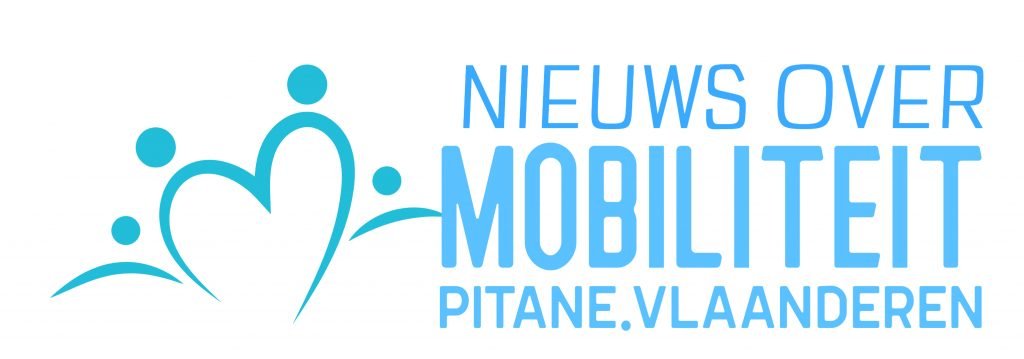The impact of the coronavirus on the taxi sector is heavy. The taxi sector is considered essential, so activities have not been halted. As a result, taxi companies and rental services of vehicles with driver (FVO) cannot claim the inconvenience premium. Nevertheless, the turnover of the taxi companies fell enormously because the tourist and leisure sectors and airport traffic came to a standstill.
loan for taxi sector
De support measures were an intervention in the fixed costs that the sector had to bear at a time when sales fell drastically. The vehicles are the most important fixed cost for the taxi sector and the rental vehicle sector. Therefore, the aid measures were based on the purchase price of the vehicles.
The maximum credit amount of the subordinated loan was determined based on the number of vehicles of the applicant. Only the following vehicles were eligible that have a permit for occasional services from January 1, 2020 for individually paid transport and before January 1, 2020 with a permit for taxi service or permit for service for the rental of a vehicle with driver. The permit had to be issued by a municipality in the Flemish Region.
The maximum amount of credit is EUR 2000 per vehicle eligible for the aid measure. Based on this maximum credit amount, the company can decide for what amount it wishes to take out a subordinated loan. In the event of bankruptcy, the subordinated borrower comes after the other creditors in the order of creditors.
additional support measures
Additional support measures for the taxi sector are needed because the compensation rule will not prevent bankruptcies of companies with multiple vehicles. These bankruptcies will have a major impact on the Flemish mobility policy, given the role of the taxi sector within Basic accessibility and more specifically the transport layer Tailor-made transport.
That is why the taxi companies are offered bridging financing for a period of 5 years with resources from the emergency fund, at an annual interest rate of 1,5%. The size of the amount of that bridge financing will depend on the number of vehicles. Per vehicle, 2000 euros is provided. The exact modalities for granting the bridging financing are still being worked out. The Flemish Government is making 12 million euros available for this.
federal aid measures
Taxi companies and self-employed taxi drivers are also eligible for one or more of the following federal aid measures.
- Bridging right for self-employed persons with a full closure of at least 7 days
- Postponement or exemption from payment of social security contributions for self-employed persons
- Postponement for employers of payments due to the NSSO
- Payment plan for employer social contributions
- Temporary unemployment due to force majeure (insofar as it concerns staff who work a full day. Drivers who do a few journeys per day are excluded).
- Payment plan for the payment of various taxes, a deferment for filing certain returns and a deferment of payment of certain debts.
Also read: Emergency taxi sector continues to drag on for GTL during lockdown




